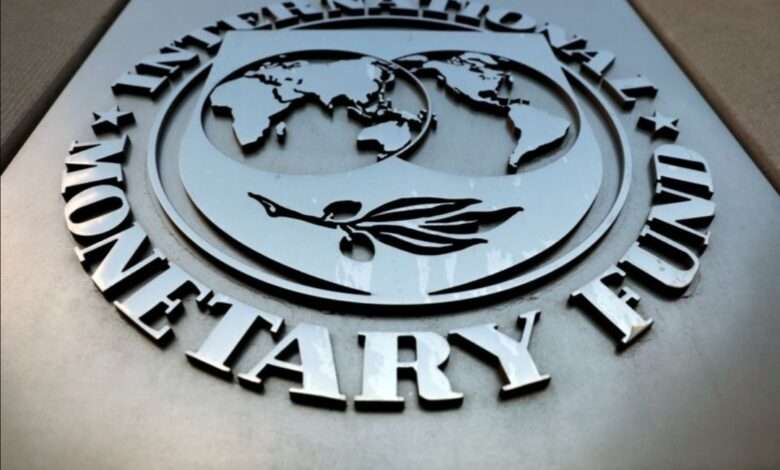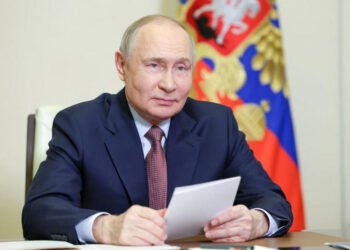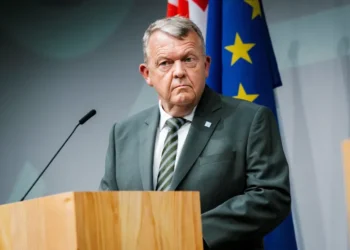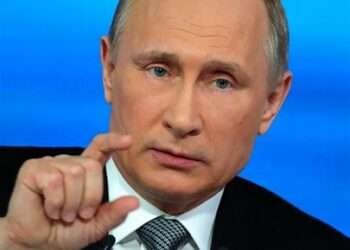Ukraine and the International Monetary Fund (IMF) have agreed on a $15.6 billion loan package aimed at improving government finances which are severely strained by Russia’s invasion.
Ukraine’s Finance Ministry announced on Wednesday, March 22, 2023 that the program will “help to mobilize financing from Ukraine’s international partners, as well as to maintain macro financial stability and ensure the path to post-war reconstruction after Ukrainian victory in the war against the aggressor.”
In a statement, the IMF noted that the loan program will run for four years, with the first 12 to 18 months focusing on helping Ukraine close its massive budget deficit and alleviating pressure to finance spending through printing money at the central bank.
The remainder of the program will focus on supporting Ukraine’s bid for European Union membership and post-war reconstruction.
The IMF deal is expected to leverage even more money for Ukraine since it provides evidence to potential donor governments, including those in the Group of Seven democracies and the European Union that Ukraine’s government is following sound economic policies.
Gavin Gray, the IMF’s mission Chief for Ukraine, disclosed in a statement, “Russia’s invasion of Ukraine continues to have a devastating impact on the economy: activity contracted by 30 percent in 2022, a large share of the capital stock has been destroyed, and poverty levels have climbed.”
The agreement, which still needs approval from the IMF’s executive board, “is expected to help mobilize large-scale concessional financing from Ukraine’s international donors and partners over the duration of the program,” Gavin Gray added.
The loan program goes beyond previous IMF practice by lending to a country that is at war, under new rules that permitted assistance under circumstances of “exceptionally high uncertainty.”
Last week, the IMF said its executive board had approved a rule change to allow funding for countries facing “exceptionally high uncertainty”. Without mentioning Ukraine, it said that the measure will be applied to countries experiencing “exogenous shocks that are beyond the control of country authorities and the reach of their economic policies”.
Ukraine massively increased military spending while the economy shrank by around 30% in 2022, hitting tax revenues.
The result was a huge budget deficit that has been covered by outside financing from the U.S., the European Union and other allies.
The external help has helped the country end its reliance on money printed by the central bank and loaned to the government, an emergency step considered necessary early in the war, but which could fuel inflation and destabilize the country’s currency if prolonged.
Ukrainian Authorities Commited To Healthy Economic Policy
The Washington-based IMF stated that the Ukrainian authorities demonstrated their commitment to healthy economic policy and met all agreed upon goals during a preliminary consultation.
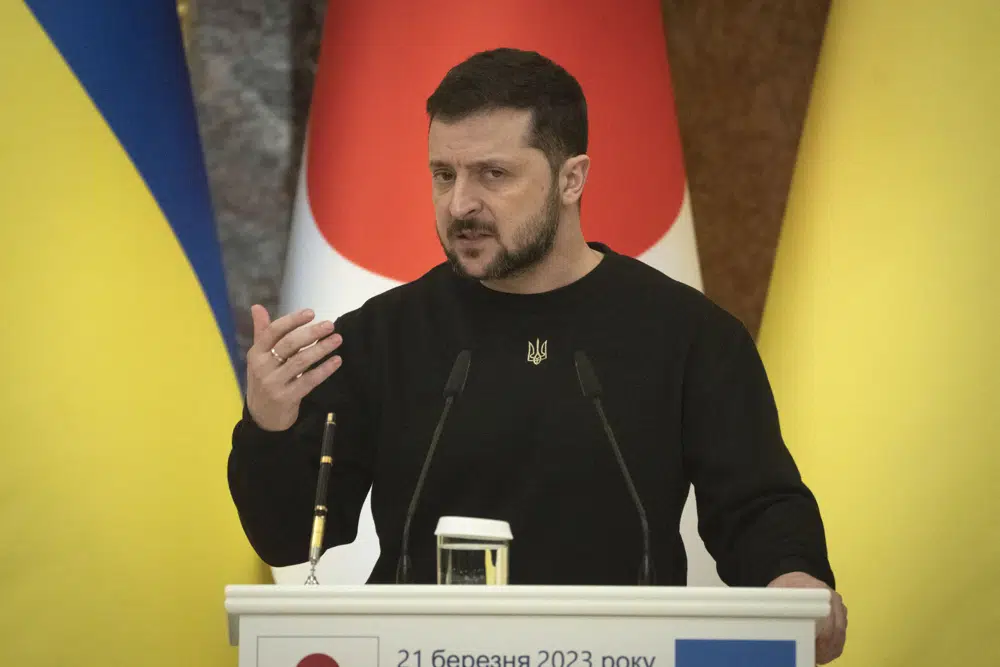
Before the war, Ukraine had made progress in reforming its banking system and making government contracting more transparent. However, Ukraine still ranked 122 out of 180 countries on Transparency International’s corruption perceptions index.
Its pre-war economy was characterized by political involvement from wealthy individuals known as oligarchs and by slow progress on improving the legal system perceived as too open to political influence.
The IMF, however, said after the preliminary consultations that the government has “made progress in reforms to strengthen governance, anti-corruption and rule of law, and lay the foundations for post-war growth, although the agenda of reforms in these areas remains significant.”
US Treasury Secretary, Janet Yellen, opined that “An ambitious and appropriately conditioned IMF programme is critical to underpin Ukraine’s reform efforts.”
The U.S is the IMF’s largest shareholder and the biggest contributor to Ukraine in terms of money spent.
READ ALSO: Ukraine Faces Russian Drone Attacks After Kishida’s Departure

